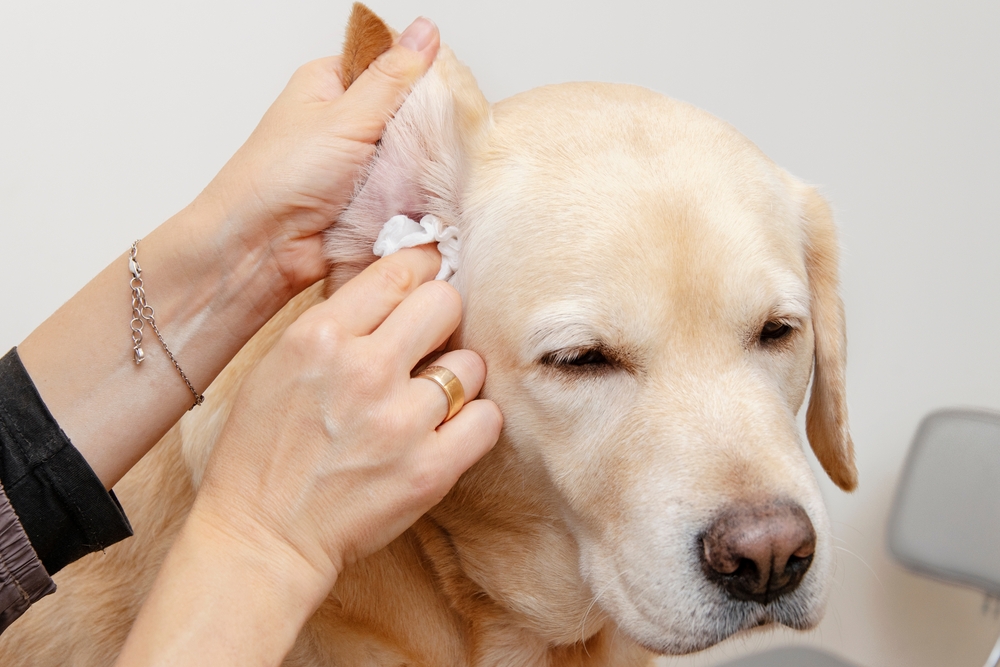
Allergies are a common concern for pets in Weslaco, Texas, especially with our warm climate and seasonal changes that bring a variety of potential allergens. If you notice your dog or cat scratching more than usual, sneezing, or showing other signs of discomfort, they could be struggling with allergies. By understanding the symptoms, treatment options, and preventive steps, you can help your pet enjoy a healthier, happier life right here in the Rio Grande Valley.
What Causes Allergies in Pets?
Pets can develop allergies to a wide range of substances. Environmental allergens such as pollen, mold, dust mites, and grasses are common culprits, especially during certain seasons. Flea bites can also be a significant trigger, with even a single bite causing a strong allergic reaction in sensitive pets. Food allergies are another concern, often resulting from specific proteins or ingredients in your pet’s diet. Additionally, contact allergies may occur when pets react to certain shampoos, cleaning products, or fabrics they come into contact with in their daily environment.
Recognizing the Symptoms of Pet Allergies
Pet allergies can present in a variety of ways, often mimicking other conditions. If you notice any of these signs, it’s worth consulting your veterinarian:
• Itchy Skin: Constant scratching, biting, or licking, especially around the paws, face, ears, or belly.
• Ear Infections: Recurrent ear infections or excessive head shaking.
• Red, Inflamed Skin: Areas of redness, bumps, or rashes on the skin.
• Watery Eyes or Runny Nose: Discharge from the eyes or nose, sneezing, or coughing.
• Digestive Issues: Vomiting or diarrhea, which can sometimes be related to food allergies.
• Hair Loss: Patchy or thinning fur due to excessive scratching or licking.
Treatment Options for Pet Allergies
Treatment will depend on the type and cause of the allergy. Here are some common strategies:
• Flea Control: Consistent flea prevention is crucial, especially for pets with flea allergies.
• Medications: Antihistamines, corticosteroids, or other prescription medications may help control symptoms.
• Topical Treatments: Special shampoos, sprays, or ointments can soothe itchy or inflamed skin.
• Dietary Changes: An elimination diet may help identify and manage food allergies.
• Immunotherapy: Allergy shots or oral drops may help pets with severe environmental allergies.
• Regular Bathing: Frequent baths can help remove allergens from your pet’s coat and skin.
Tips for Prevention
While not all allergies can be prevented, these steps can help reduce your pet’s risk:
• Keep Living Spaces Clean: Vacuum regularly and wash your pet’s bedding to minimize dust and allergens.
• Practice Good Flea Control: Use veterinarian-recommended flea prevention year-round.
• Choose Hypoallergenic Products: Use mild, pet-safe shampoos and cleaning products.
• Monitor Outdoor Activity: Limit your pet’s exposure to high-pollen areas, especially during peak seasons.
• Feed a High-Quality Diet: A well-balanced diet supports a healthy immune system.
Contact Border Animal Hospital for Allergy Care
Pet allergies can be challenging, but with the right knowledge and care, you can help your furry friend live a more comfortable life. If your pet is showing signs of allergies, prompt diagnosis and treatment are essential for their health and well-being.
If you’re concerned about your pet’s allergy symptoms, contact Border Animal Hospital to find the best solutions for your pet’s unique needs. Visit our office in Weslaco, Texas, or call (956) 968-3858 today.









